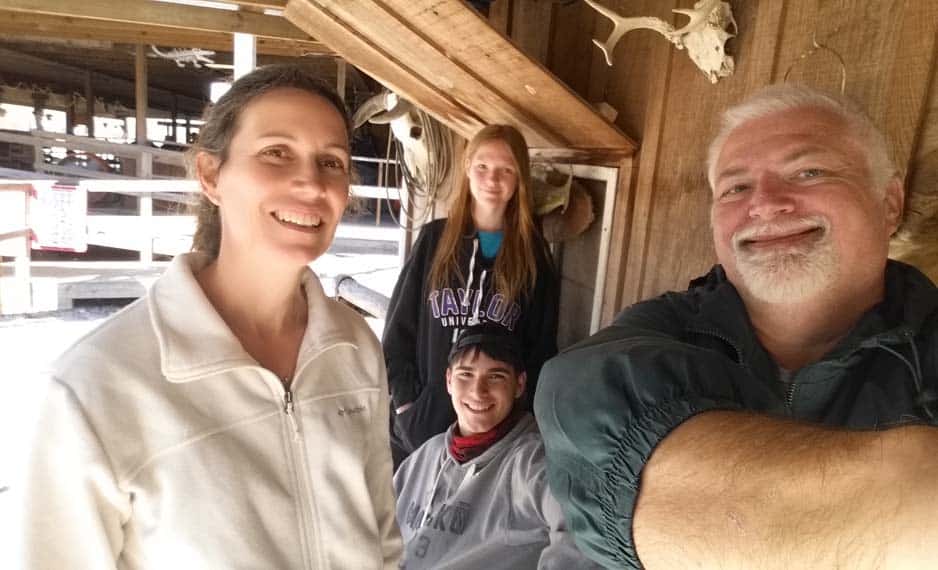Thinking Outside the Box
This page about about feline feces is pretty graphic.. If you really are up to it.. Click here
Urination issues:
First, have your vet check for bladder infection.
These infections are painful, so they can cause a kitty to associate pain and using the litter box. Cats soil elevated surfaces when they are nervous. Pain at urination could motivate kitty to use beds.
Next, realize that from kitty’s point of view, using the bed is great. You keep it clean, and it is adsorbent. Kitty is now trained to use both bedding and litter box. Therefore, you must not give kitty a chance to pee on the bedding. The longer this goes on, the more kitty forms a habit. Act immediately to prevent access to bedding AT ALL TIMES and thoroughly clean your bedding and mattresses with an enzymatic cleaner such as Nature’s Miracle. Kitty’s sense of smell is much better than yours, so clean enough for you will still attract kitty…
Once you eliminate illness and interrupt the unacceptable behavior, you need to try to discover whether the motivation for bed soiling is illness, litter aversion, location aversion, location preference, substrate preference, or fear. The key to solving the problem is finding the cause/s.
Play Sherlock Holmes. Document the complete history of the problem: who, what, when, where, frequency, & duration.
Think about the behavior history. Kitty did/does use the litter box sometimes. What is different when kitty avoids it? Does kitty prefer the beds but tolerate the litter box? Then you need to make the litter box more appealing! Litter box access is often the key, but other factors than location can be important.
Foremost is cleanliness. Boxes MUST be scooped daily and must not be located near food and water. Type of litter and litter depth can affect toileting behavior. We plain unscented litter, scooped at least daily, in an open litter box.
What kind of litter are you using?
Did you change?
What kind of litter box?
Is food/water/sleeping area close to the litter box?
How often do you scoop/change litter?
Think about what surfaces kitty soils. Elevated surfaces, such as on beds, or secluded locations can indicate fear. Young children or other pets sometimes ambush the kitty while toileting. This can lead to the kitty seeking hidden locations or elevated surfaces on which to toilet. This way, the kitty can hide or at least see others coming.
Do you have any reason to think she could be nervous about using her litter box?
Do you have pets, children, something scary near the litter box like a washer, loud appliance, etc?
Soft, clean, adsorbent surfaces like bedding and laundry may indicate that kitty simply does not find the litter box location/size/filler/or other conditions appealing. Many cats will not use scented litter such as Tidycat. Perhaps kitty never liked your litter, but used it awhile before discovering alternatives. Try offering a soft, granular litter such as Dr Elsie’s, World’s Best or Swheat Scoop in a second box next to the first litter box. This can be simply a short sided card board box. You are checking to see which litter kitty uses. If kitty uses the other litter, change!
Consider the physical issues of using the box. We do not use a scatter guard on our boxes. Try taking any top or rim off the box in case kitty feels cramped.
Is there a night light to help kitty see to find the box at night? Provide a night light if needed. Be sure to take kitty to the box after eating, after waking, and often during play periods.
Are the bedrooms distant from the litter box? Could kitty simply have formed a bed habit as a short cut? Now kitty may think the problem is solved.!
Think about and correct possible causes before allowing access to problem areas.
Above all, supervise kitty closely, and confine kitty with litter box when you cannot supervise.
Absolutely NO bedroom privileges for at least as long a time as kitty has been using your bedding!
Resolving house soiling will require effort, but you will be repaid with years of good companionship. House soiling is complicated. Patience is the key!
Please call us if you need help. 770-735-1405!

We are Michelle and Bill Harrison and we have been breeding and selling kittens together for over 40 years. Kittentanz Cattery is in the foothills of the North Georgia mountains and we specialize in traditional “Applehead” Siamese kittens, and traditional Tonkinese kittens.
